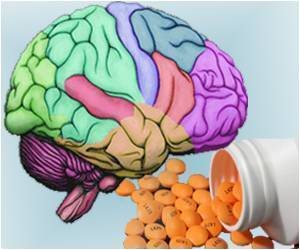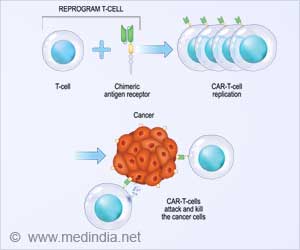It has been ten years since the human genome has been decoded. Let’s find out what ails genomic medicine.

The progress in this field has been awe-inspiring and the day when we can sequence our genomes at the cost of approx. US $ 1000 is not very far.
At the same time, exaggerated expectations and unrealistic claims of near-future application of genomic technologies for therapy are imminent dangers that can prove to be counter –productive. They may undermine its legitimacy, threaten its sustainability and can also lead to mis- allocation of resources.
We need to be realistic in our expectations and be critical in translating discoveries, such as predictive genetic testing, in order to focus on other promising approaches that can be beneficial to health and disease prevention.
One of the biggest paradoxes that haunts the field of genomic medicine is the claim that informing people of a disease risk will modify behavioral patterns. For example if someone is informed that they are at a high risk for diabetes or heart disease then, theoretically, this information would prompt them to change their lifestyle and take on better habits. But if this is true the corollary applies too, in which case someone at a low risk has ‘nothing to fear’.
We must keep in mind that the genetic variants that predict disease risk are very limited in their abilities.
All this information can hardly be called surprising as history is full of the ‘messiness’ that occurs when science gets translated into clinical applications.
Despite these limitations , expectations remain inflated primarily because there is a huge patient demand and also due to the fact that the governments concerned primarily view genomic medicine as an engine of economic growth first and only secondly as a vehicle of scientific or medical progress.
To a large extent, the media also has to be blamed for the huge expectation that is placed on genomic studies.
The true role of genomic medicine is to help to lay bare the mechanics of disease initiation and progression. Specific gene loci related to diseases (which are potential drug targets) are identified and new drugs can be hopefully created that are targeted towards the same.
Pharmacogenetics, the branch of science dealing with the influence of gene variation to drug response should help to improve the safety and utility of drugs used in treating grave diseases. It should encourage evidence -based medicine and assess risks to improve diagnosis and clinical decision-making.
Some Recommendations-
- Re-evaluate funding priorities to suit the potential of practical benefits
- Realistic understanding be fostered amongst the scientific community, public and the media
- Practice of evidence –based medicine be encouraged at all levels
Genomic medicine and its applications will no doubt benefit mankind immensely. But a realistic approach to it must be taken so that other areas of research are not affected and the common goal of “improved human health” is not compromised!
Reference:
Science. Vol 331. Feb 18 2011 “Deflating the genomic bubble” James P. Evans et al
Source-Medindia







